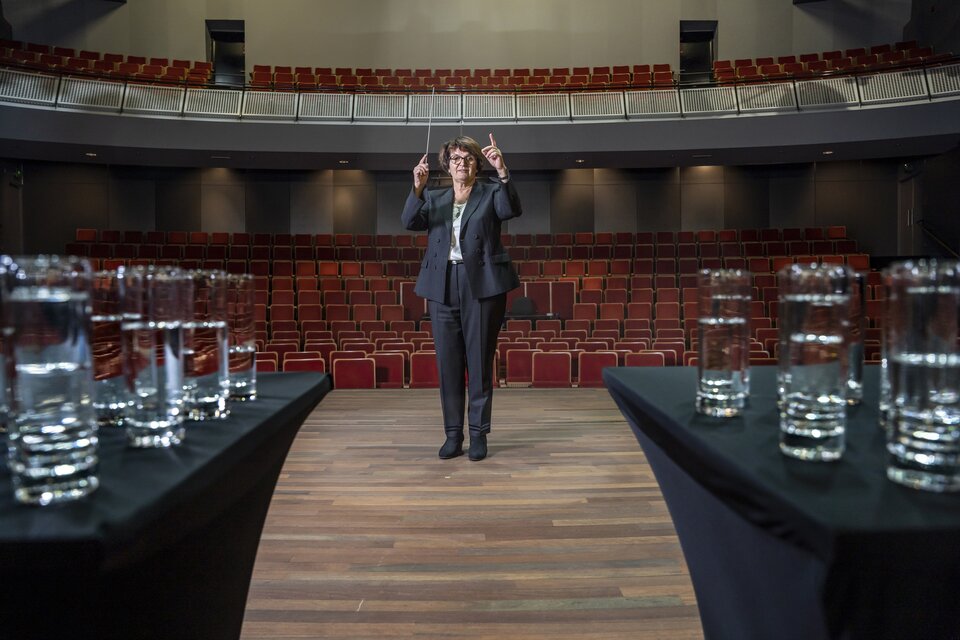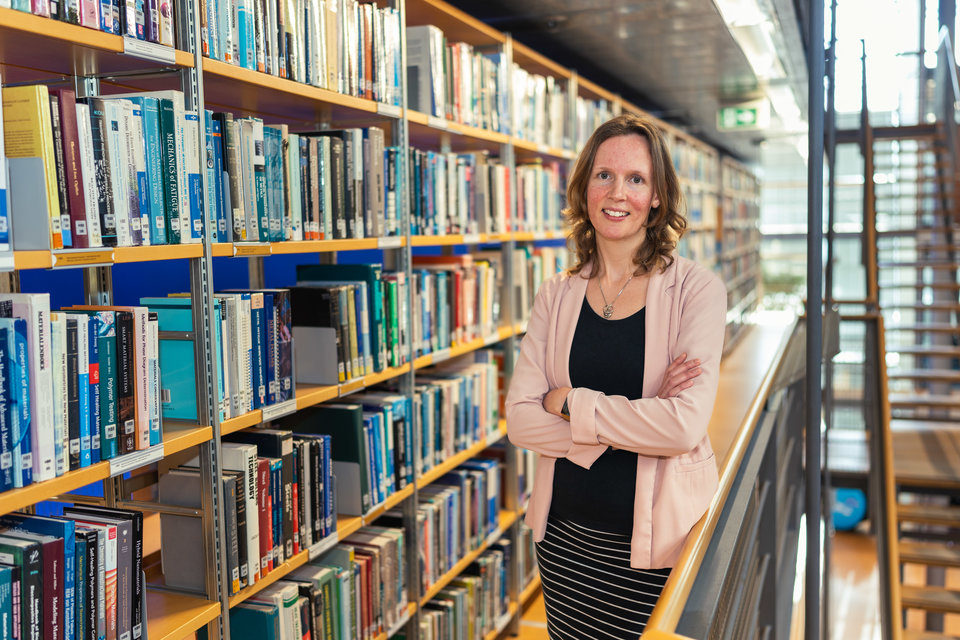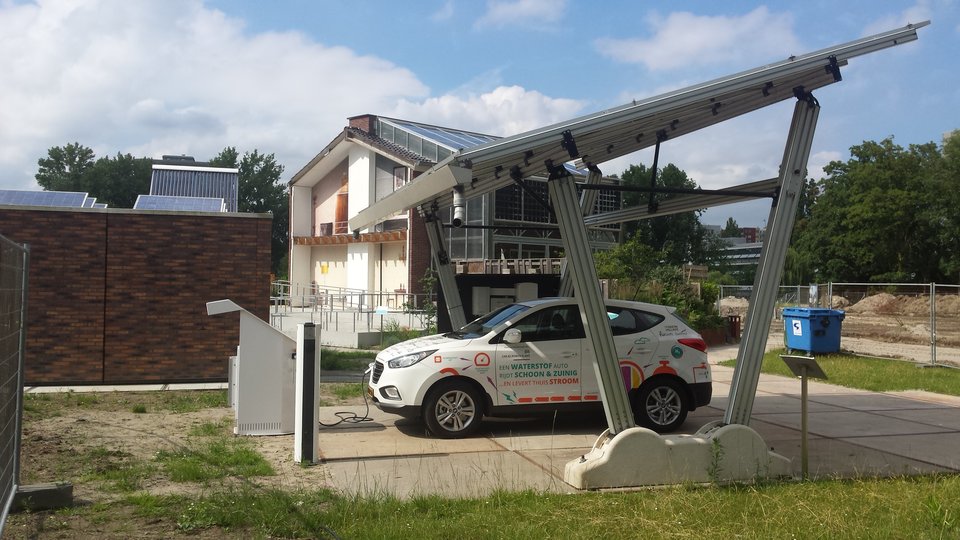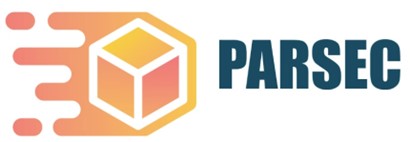Research
The department of Engineering Systems and Services contributes to Comprehensive Engineering from a systems integration perspective. In today’s interconnected world, energy, mobility and ICT services continuously converge into complex engineering systems. ESS analyzes, shapes and assesses these systems, using cutting-edge tools such as Agent Based Modelling and Simulation, Choice Behavior Modeling, IT architecting and policy analytics.
The systems studied at ESS involve many actors and users, who can each own, regulate or influence a part of the system, and will take decisions based on their own objectives. These decisions are taken in a dynamic, unpredictable environment. Such systems evolve over time and are therefore very difficult or impossible to blueprint. Since complexity science conceptualises systems as evolving, interacting subsystems, that show emergent, often unpredictable behaviour, complexity science is a key underlying paradigm of research at ESS.
Studies carried out by the department show time and again that successful long-term design and management of, and policymaking in, such systems involves taking flexible measures that allow for an uncertain future.
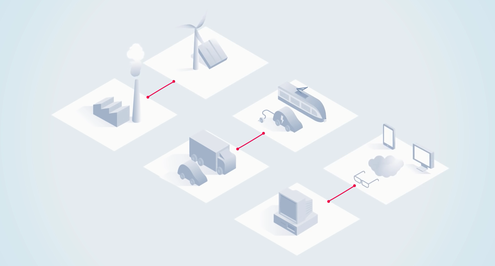
ESS is historically rooted in the application areas of energy, mobility and information systems. A comprehensive knowledge of ICT architectures is increasingly indispensable: systems for smart mobility and/or smart energy networks depend more and more on the exchange of information between its components. The ESS department also studies the integrated cross-sectoral problems, such as climate effects on water-born logistics, the effects of mobility choices on the smart grid, or the effect of floods on energy production. To this end, ESS combines a deep-seated technological understanding of the infrastructure systems in energy, industry, mobility, and logistics, and its overlaying data and ICT architectures, with insights and theories from social sciences, and increasingly, the humanities.

ESS possess rigorous knowledge of and hands-on experience with key methods and modelling techniques. Important methods, in which ESS has and aims to maintain a leading international profile, include:
- Discrete Choice Modelling (DCM); statistically rigorous modelling choice behaviour of users, designers, policy-makers, etc.
- Agent-based Modelling and Simulation (ABM); to study and explore (emergent) system behaviour of engineering systems and services.
- Information Architecting (IA); to develop effective, efficient and acceptable designs of information technology and infrastructure.
- Cost-Benefit Analysis methods (CBA); to quantitatively support the evaluation of interventions in engineering systems and services.
As a matter of course, ESS also uses and contributes to improving other theories, methods and tools, such as institutional economics, multi-objective optimatisation, back-casting, artificial intelligence, algorithmics, co-algebra, and game theory, as well.
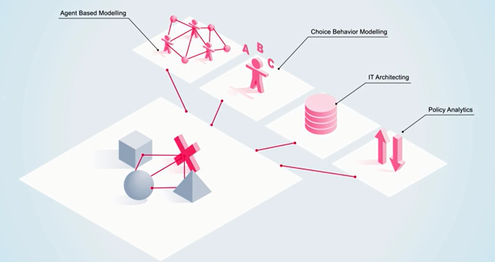
Results, impact and quality
The research conducted within the department is successful in journals with high impact factors and publications have been widely cited. Members of the department serve as Editors-in-Chief and on the editorial board of leading journals.
-
TU Delft researchers present the results of their research in academic publications. These can be found on the personal pages of the staff, Google Scholar or in the following repositories, operated by TU Delft Library.
TU Delft Repository
The TU Delft Repository gives full text open access to 48.000 PhD theses, journal articles, conference papers, patents, speeches and other TU Delft publications. TU Delft puts a lot of effort into making all Delft PhD theses available online from the first doctoral conferral in 1905.
Delft Research in PURE
PURE is a system proving information about ongoing research at TU Delft. It is intended as a management information system and contains short descriptions of research, publications and authors.
NARCIS - National Academic Research and Collaborations Information System
TU Delft Repository is a member of NARCIS, the national platform of scientific research. The Narcis platform gives access to Open Access publications. Besides scientists and students also teachers, entrepreneurs, governments and journalists make use of this platform.
-
The core activity of this department is to understand and predict emerging technological innovations and user service patterns, and use these insights for improved design, regulation and operation of engineering systems and services in the domains of Energy, Mobility and ICT. Studies carried out by the department show time and again that successful policymaking involves taking flexible measures that allow for an uncertain future.
-
Members of the department serve as Editor-in-chief and on the editorial boards of leading journals. For example the European Journal of Transport and Infrastructure Research (EJTIR), with a high TU Delft involvement and content. The European Journal of Transport and Infrastructure Research can be found here:
European Journal of Transport and Infrastructure Research EJTIR Journal
More information on editorships and journals can be found on the personal pages of our staff.






